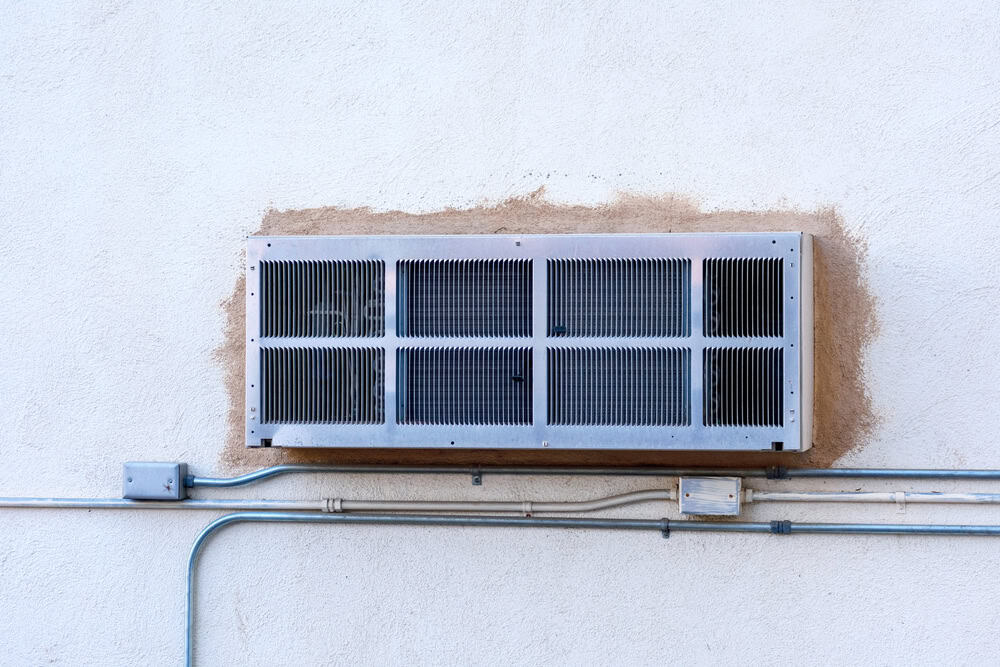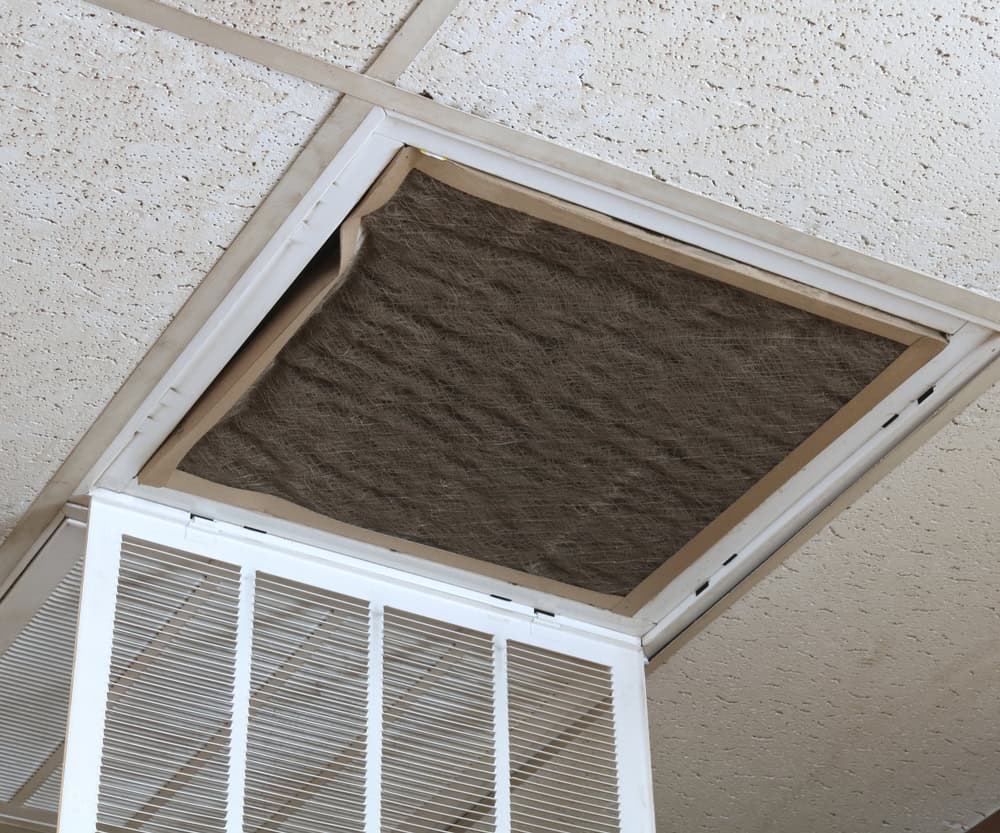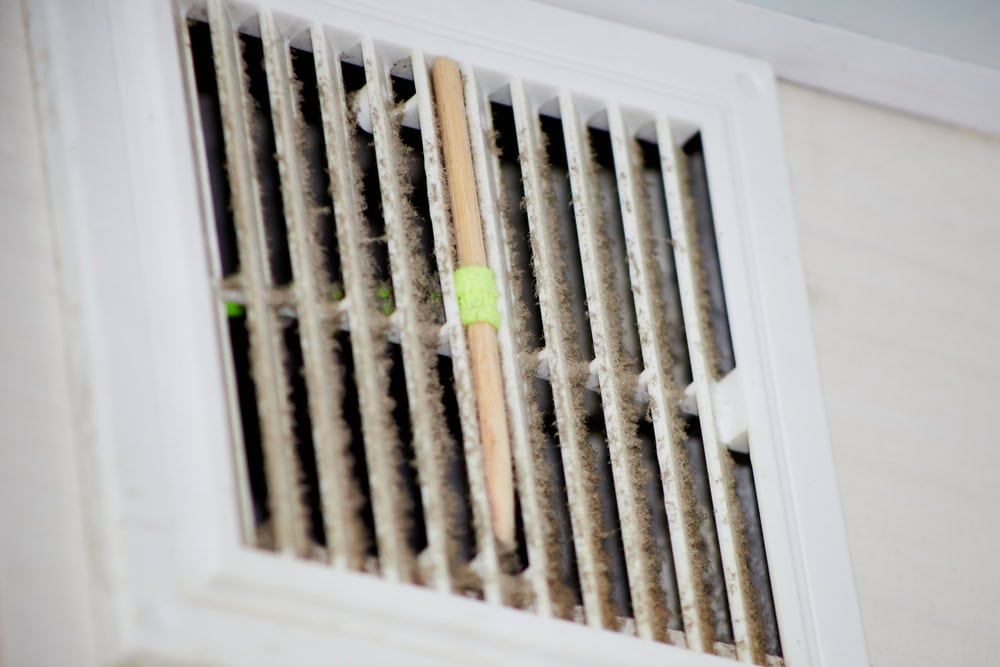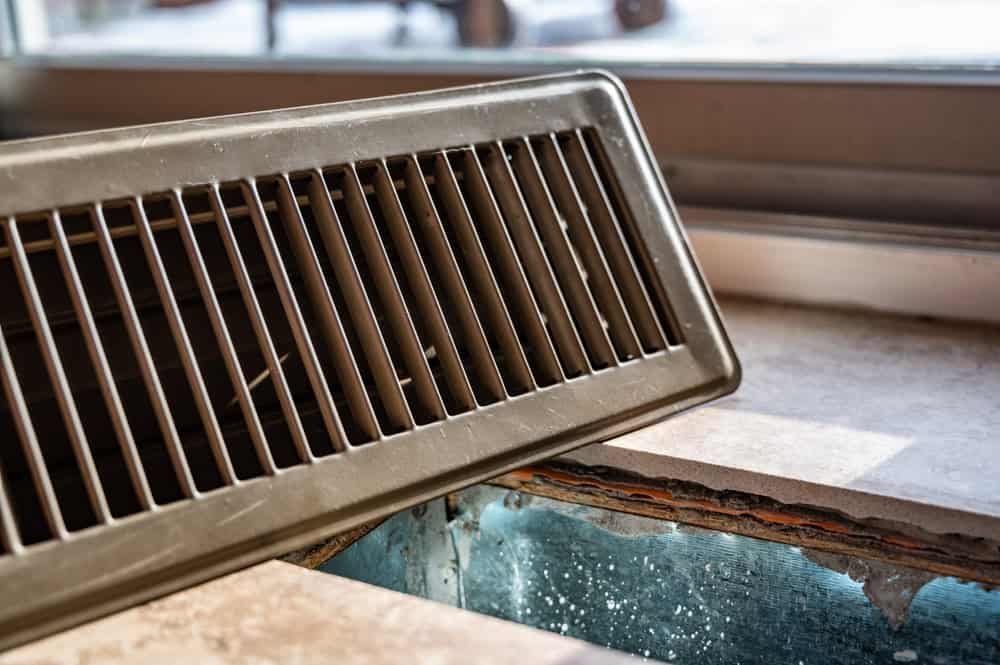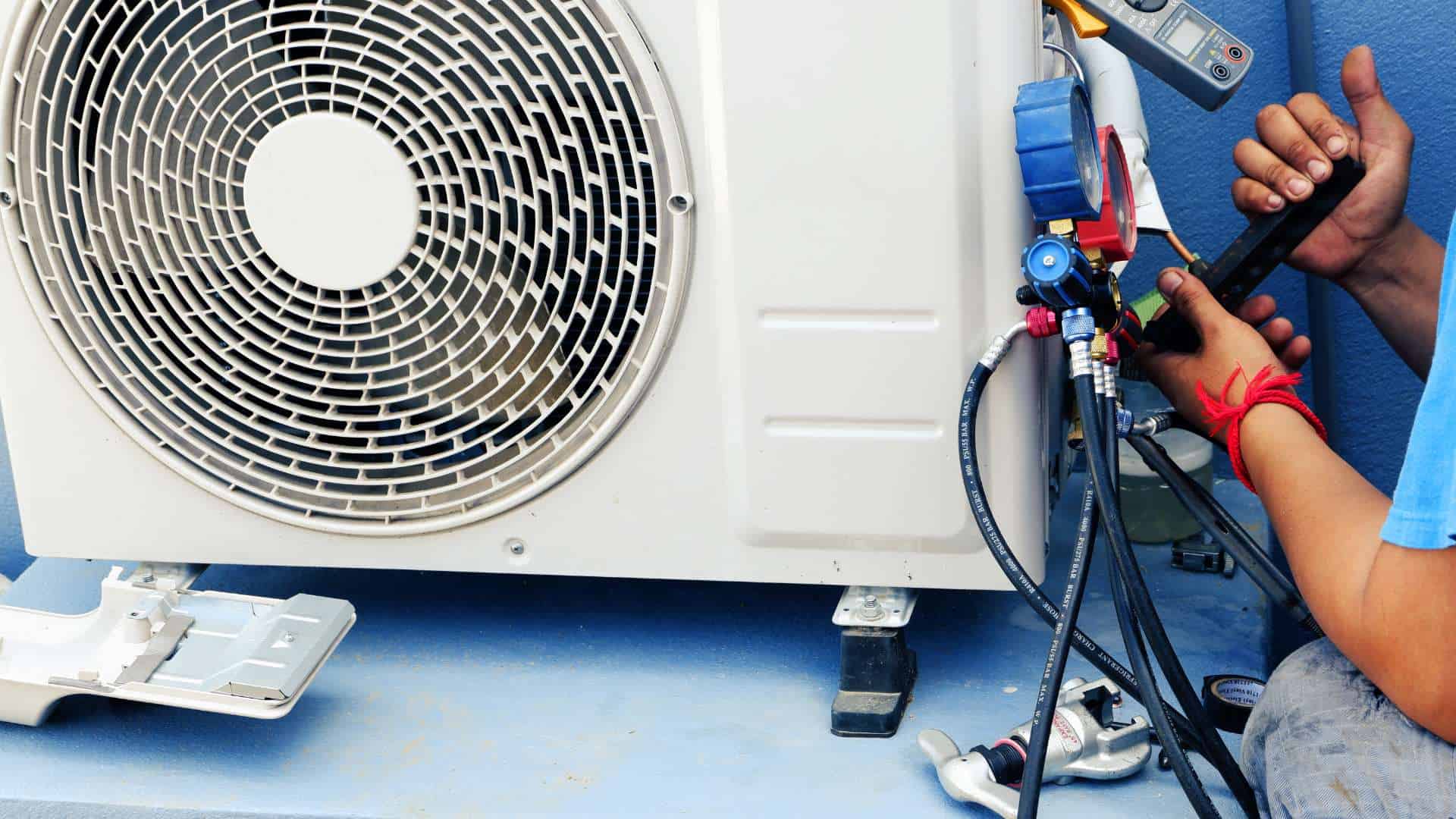Don't Sweat It: How to Spot A/C Troubles Before They Leave You Hot and Bothered
Strange Noises
When it comes to your air conditioning unit, silence is golden. So, if you notice any strange or unfamiliar noises emanating from your A/C, it’s time to pay attention. Clanking, banging, or squealing sounds are not normal and could be indicative of underlying mechanical issues. These noises might suggest anything from a loose part rattling around to a failing compressor struggling to do its job. Ignoring these sounds won’t make them disappear; in fact, it could lead to more significant problems down the road. To avoid costly repairs, it’s best to address any unusual noises promptly by scheduling a professional inspection.
Weak Airflow
A lack of sufficient airflow from your air conditioning vents can leave you feeling hot under the collar. If you’ve noticed that your A/C isn’t cooling your home as effectively as it used to, weak airflow could be to blame. Several factors could contribute to this issue, including a clogged air filter, blocked ducts, or a failing compressor. Reduced airflow not only diminishes the comfort of your home but also puts added strain on your system, potentially leading to further damage. Don’t suffer through the sweltering heat—schedule a professional inspection to diagnose and address the root cause of your A/C’s weak airflow.
Warm Air
One of the most telltale signs that your air conditioning system is in need of repair is when it starts blowing warm air instead of cool. While this might seem like an obvious red flag, it’s crucial not to ignore it. Warm air coming from your vents could indicate a variety of issues, including refrigerant leaks, compressor problems, or a malfunctioning thermostat. Regardless of the cause, a system blowing warm air is not doing its job effectively. Don’t sweat it out—contact a qualified HVAC technician to diagnose and resolve the issue promptly, restoring comfort to your home.
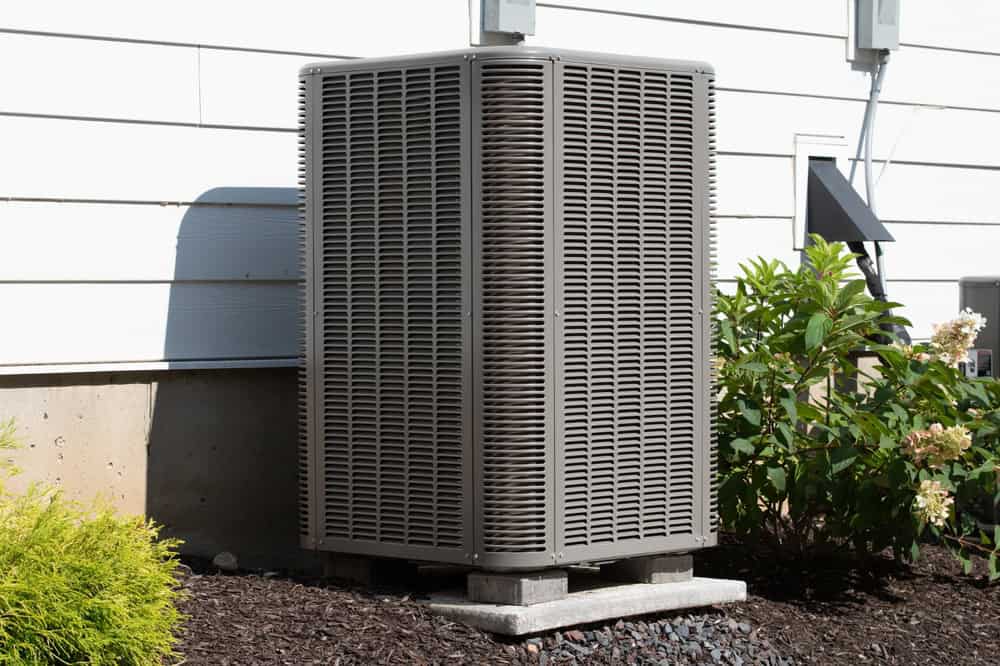
Frequent Cycling
Does it feel like your air conditioner is constantly turning on and off? This phenomenon, known as frequent cycling or short cycling, can be more than just an annoyance—it could be a sign of trouble. Several factors could contribute to frequent cycling, including an oversized unit, a malfunctioning thermostat, or restricted airflow. Not only does frequent cycling decrease energy efficiency, but it also puts undue stress on your system, potentially leading to premature failure. If you notice your A/C cycling excessively, it’s essential to have it inspected by a professional to identify and address the underlying cause.
Unpleasant Odors
If your air conditioner is emitting foul odors every time it kicks on, it’s definitely time to investigate. Musty or pungent smells could be a sign of mold or mildew growth within the unit or ductwork, while a burning odor may indicate electrical issues. Ignoring these odors not only compromises indoor air quality but also poses potential health risks to you and your family. Don’t hold your nose and hope for the best—schedule a thorough inspection with a qualified HVAC technician to identify and eliminate the source of the odor, ensuring your home stays fresh and comfortable.
Excessive Moisture
Have you noticed an unusual amount of moisture or leakage around your A/C unit? Excessive moisture can be more than just a nuisance—it could be a sign of serious trouble brewing. Moisture around your air conditioning system could indicate a refrigerant leak, a clogged condensate drain, or even a malfunctioning system. Not only can this moisture lead to water damage and mold growth in your home, but it can also compromise the efficiency of your air conditioner. If you detect any signs of moisture or leakage, it’s crucial to address the issue promptly to prevent further damage and maintain a comfortable indoor environment for you and your family. Don’t let a little moisture turn into a big problem—schedule a professional inspection today.

